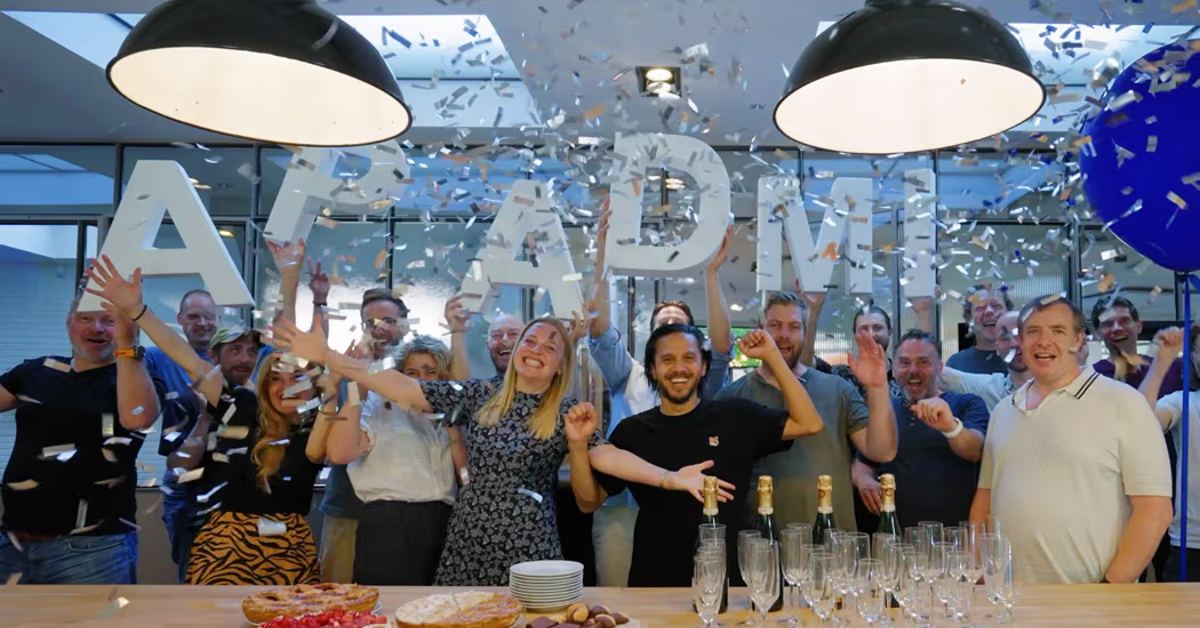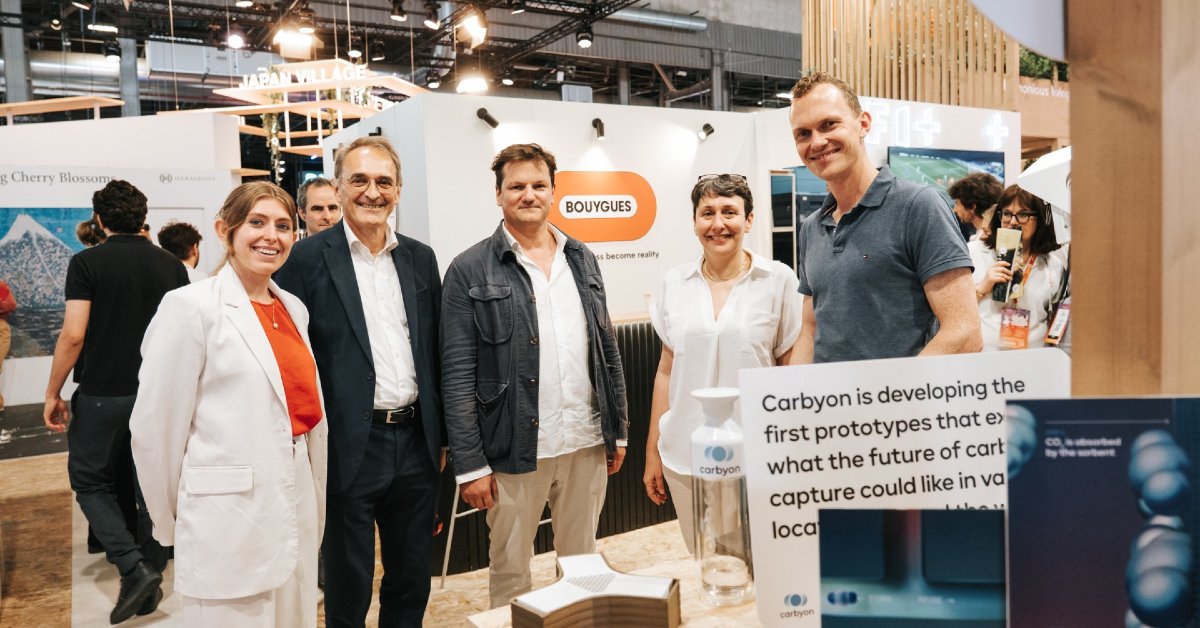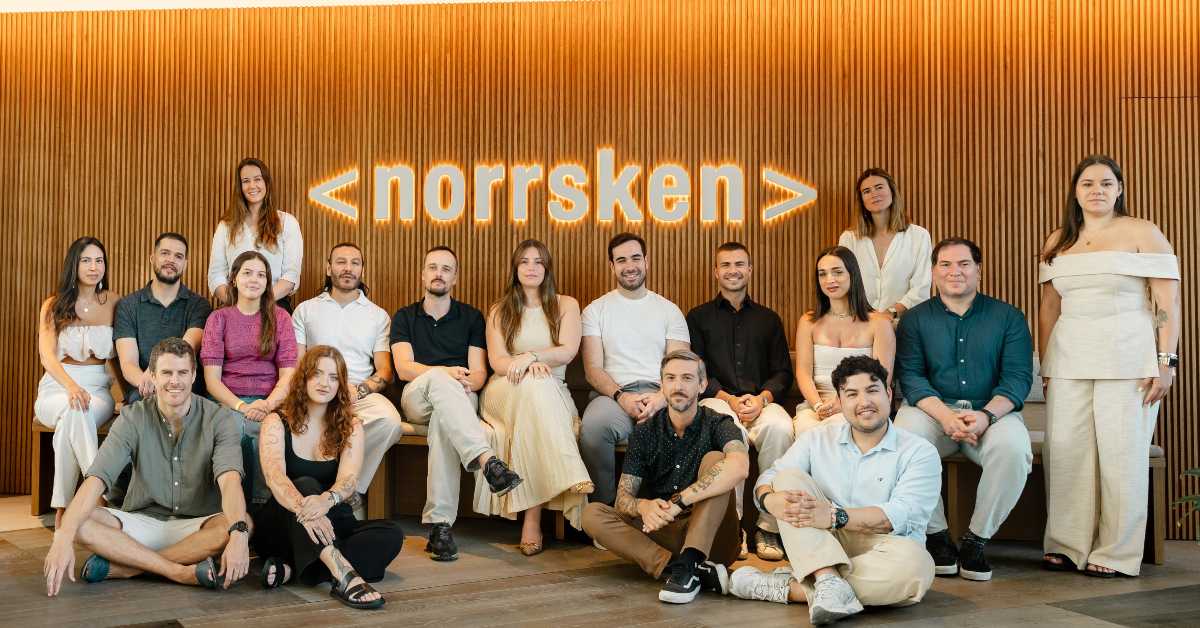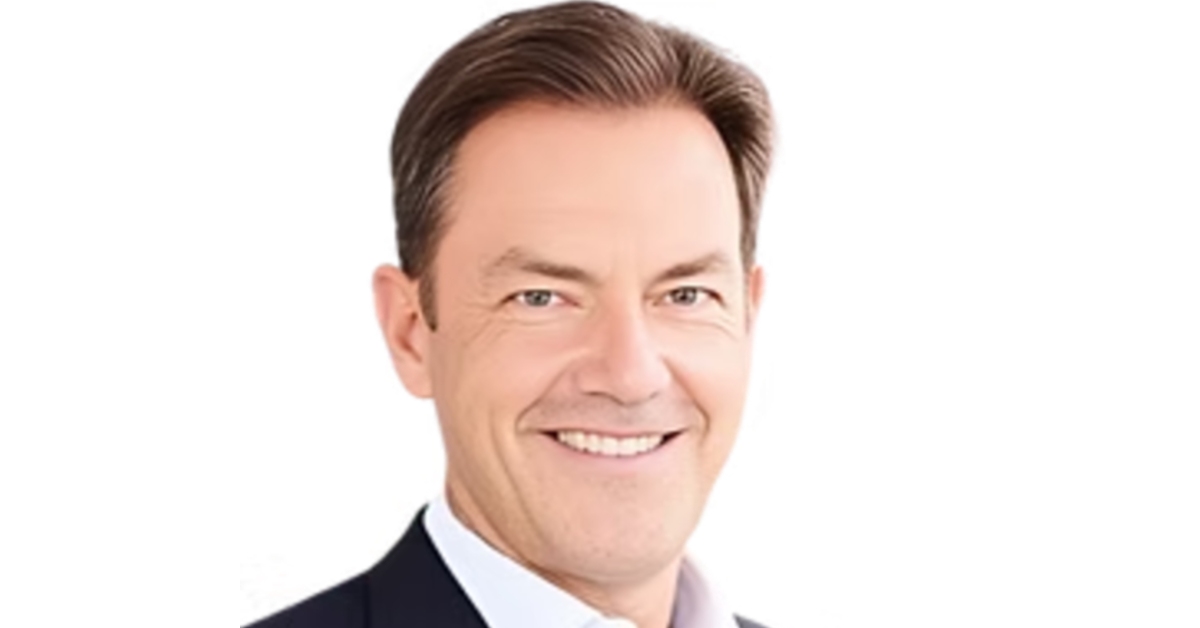German automotive company Daimler, on Thursday, announced that its subsidiary, Mercedes-Benz, is preparing to go all electric by the end of the decade, where market conditions allow. In order to accelerate toward an emissions-free and software-driven future, the company is planning to shift from electric-first to electric-only.
According to the company, by 2022, Mercedes-Benz will have battery electric vehicles (BEV) in all segments the company serves. Furthermore, from 2025 onwards, all newly-launched vehicle architectures will be electric-only and customers will be able to choose an all-electric alternative for every model made by the company. Mercedes-Benz aims to do so while sticking to its profitability targets.
“The EV shift is picking up speed – especially in the luxury segment, where Mercedes-Benz belongs. The tipping point is getting closer and we will be ready as markets switch to electric-only by the end of this decade,” says Ola Källenius, CEO of Daimler AG and Mercedes-Benz AG.
“This step marks a profound reallocation of capital. By managing this faster transformation while safeguarding our profitability targets, we will ensure the enduring success of Mercedes-Benz. Thanks to our highly qualified and motivated workforce, I am convinced that we will be successful in this exciting new era,” he further adds.
In order to facilitate this shift, the automotive company is unveiling a comprehensive plan which includes significantly accelerating R&D. “In total, investments into battery electric vehicles between 2022 and 2030 will amount to over €40B. Accelerating and advancing the EV portfolio plan will bring forward the tipping point for EV adoption,” the press release reads.
Mercedes-Benz also reveals that it will launch three electric-only architectures in 2025: MB.EA will cover all medium to large size passenger cars, AMG.EA will be a dedicated performance electric vehicle platform for its Mercedes-AMG customers, and VAN.EA for purpose made electric vans and Light Commercial Vehicles.
The company reveals that, for this shift, it will require a battery capacity of more than 200 Gigawatt hours. Therefore, it plans to set up eight Gigafactories for producing cells, together with its partners around the world. It has already planned network of nine plants dedicated to building battery systems.
“With regard to cell manufacturing, Mercedes-Benz intends to team up with new European partners to develop and efficiently produce future cells and modules, a step which ensures that Europe remains at the heart of the auto industry even in an electric era,” says the company.
The company aims to enhance the efficiency of its electric drivetrains by vertical integration and acquisition of Yasa.
Acquires Yasa
Mercedes-Benz has also announced the acquisition of UK-based YASA, a company that develops and manufactures electric motors and generators of high power and high torque density electric.
Under this development, YASA will operate as a wholly owned subsidiary of Mercedes-Benz, developing ultra high-performance e-motors, while retaining its own brand, team, facilities and continuing to supply existing automotive supercar customers.
YASA aims to accelerate electrification
YASA was founded in 2009 on the belief that small, powerful, and efficient electric motors would play an increasingly important role in meeting the strict emissions targets being set by policy makers globally – to enable new, efficient, and sustainable means of transportation.
YASA believes its proprietary axial-flux electric motor is a step-change from the legacy radial electric motor technology.
Speaking about YASA’s technology, CEO of Mercedes-AMG, Philipp Schiemer, says, “YASA’s impressive axial-flux technology allows future fully electric Mercedes-AMG performance cars to stay a step ahead of the competition. Thanks to electric motors with higher power density and continuous torque delivery, we will redefine the future of driving performance.”
YASA Motors manufactures a range of standard electric motors and generators based on its motor topology. Its products, YASA-750, YASA-250, and YASA-400 have been designed to be integrated into customers’ products in a range of markets and industries with minimal application engineering.
Since the company’s foundation, YASA has continually built on the motor technology originally invented by the company’s founder and CTO Dr. Tim Woolmer during his PhD. The company now supplies OEMs (Original Equipment Manufacturer) in the automotive industry with innovative powertrain solutions based around its axial-flux electric motors and controllers.
In 2019, YASA announced Ferrari as its first OEM customer in volume production, with the ground-breaking hybrid Stradale SF90.
How will YASA help Mercedes?
YASA will help to develop electric drive innovations to give Mercedes-Benz ‘exceptional performance’ in this electric era. The company will provide electric motors for Mercedes-Benz’s AMG.EA electric-only platform, while also acting as an innovation partner pioneering new electric drive technology for the carmaker.
The acquisition will see YASA and its 250 employees continue to operate from its headquarters and production facility in Oxford, UK.
Chris Harris, CEO of YASA says, “Working with Mercedes-Benz since 2019, it was always clear that we shared the same commitment to engineering excellence, innovation and reshaping mobility for the electric age. This acquisition is tremendously exciting because it gives YASA technology the global scale and reach of Mercedes-Benz. Together, we have the opportunity to make YASA the premier mark of excellence in electric motor technology, accelerating the adoption of electric vehicles and resetting the bar for electric driving experiences.”










01
From telecom veteran to Dutch Startup Visa success: The Jignesh Dave story